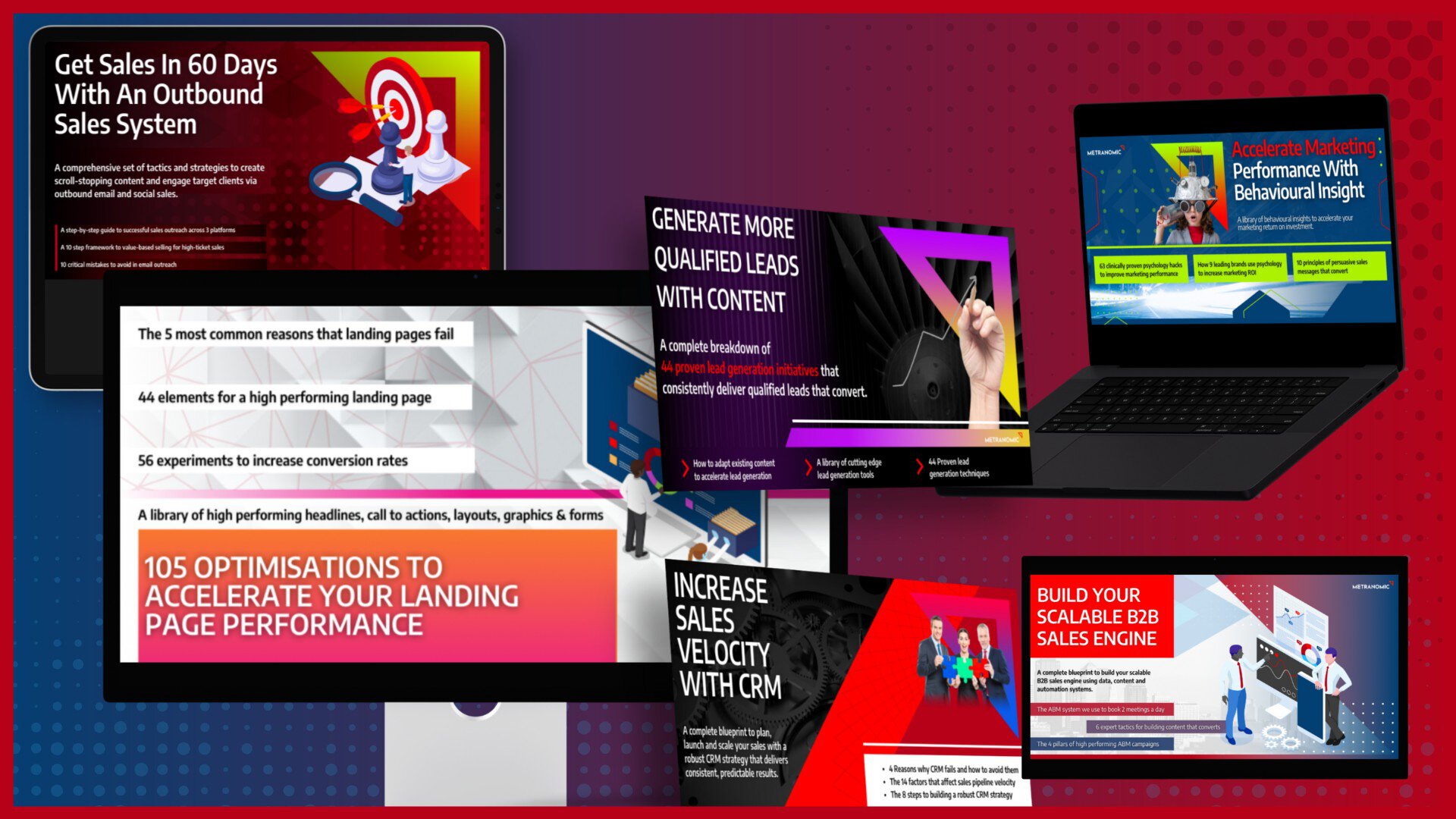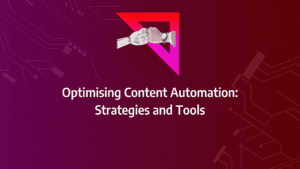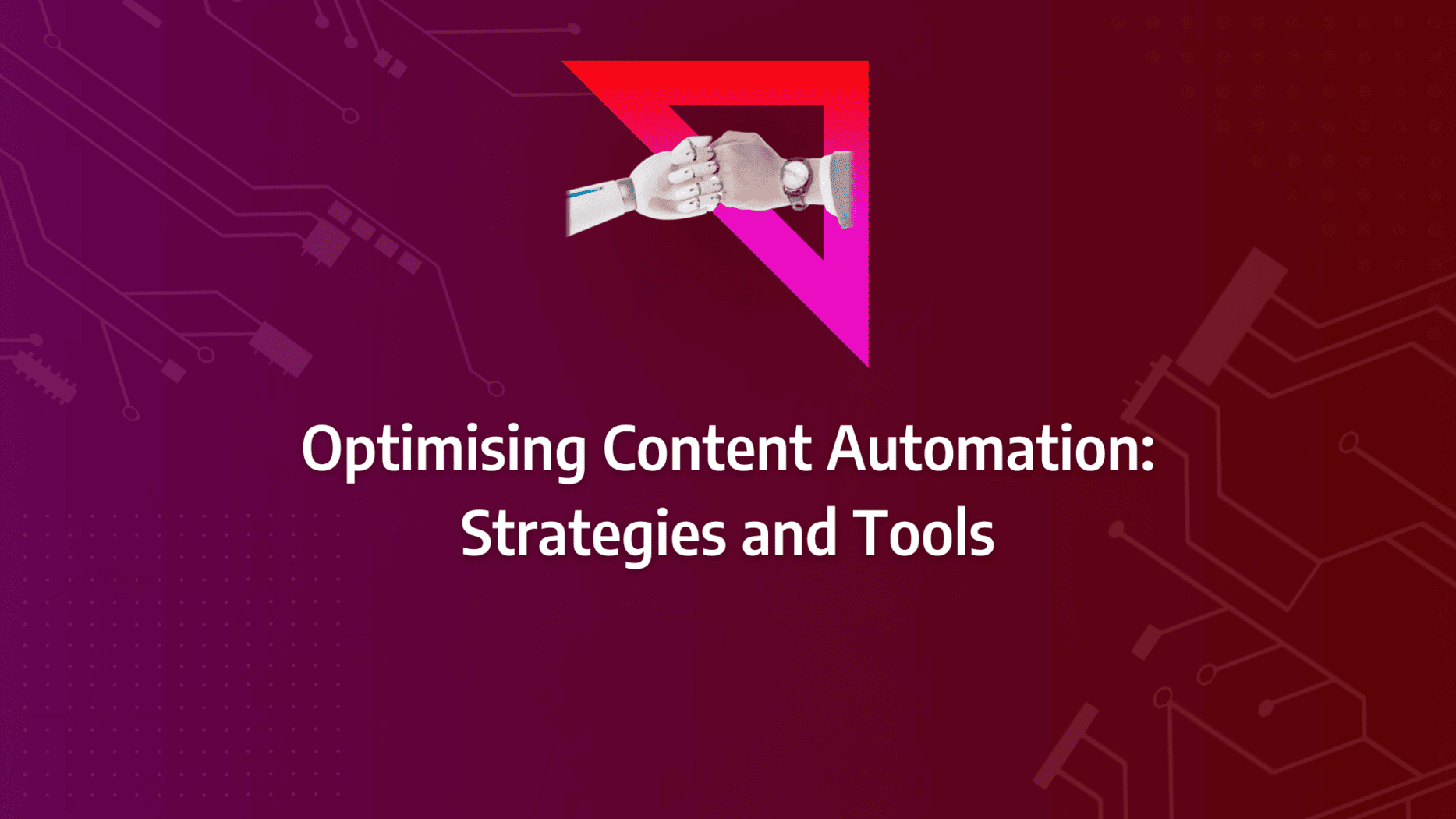In today’s digital age, where content is king, how you manage, optimise, and analyse your content can make or break your marketing strategy. As a marketing leader, you know the challenges of consistently producing high-quality content that resonates with your audience while driving measurable results.
This is where a content marketing platform becomes indispensable. But not all platforms are created equal. The right platform can streamline your processes, enhance your content strategy, and significantly boost your ROI. Throughout this guide, we’ll explore the transformative power of content marketing platforms, offering you the insights and strategies needed to elevate your content game. Ready to unlock the full potential of your content marketing efforts? Let’s dive in.
- Streamline Content Management: A content marketing platform simplifies the process of managing, distributing, and analysing your content, ensuring consistency and efficiency across all channels.
- Enhance Content Strategy: By leveraging the analytics and insights provided by a content marketing platform, you can refine your content strategy to better align with audience preferences and business goals.
- Boost ROI: Implementing a content marketing platform allows for more targeted content distribution, which can lead to improved engagement and a higher return on investment.
- Improve Collaboration: These platforms often come with features that enhance collaboration across teams, ensuring that everyone is aligned and working towards common marketing objectives.
- Maximise Content Reach: By using a content marketing platform, you can ensure that your content reaches the right audience at the right time, maximising its impact and effectiveness.
What are the key features of a content marketing platform?
A content marketing platform (CMP) is a comprehensive software solution designed to streamline various stages of content marketing. Essentially, it serves as an all-encompassing hub for all your content marketing needs. Whether you’re engaged in keyword research, content creation, or monitoring content assets, a CMP equips you with the necessary tools to optimise each process.
An integrated content marketing system is pivotal not only for content creation but also for enhancing your marketing strategy. By integrating a CMP with your existing CRM and marketing automation solutions, you can better analyse the impact of your content on overall business revenue and growth.
Content Marketing Platform Functions
Depending on the CMP you choose, you’ll gain access to features such as:
- Audience research
- Buyer persona generation
- Content curation
- Editorial calendar management
- Project management
- Social media management
- Content distribution
- Content analytics and optimisation
- Customised reporting
- Content asset management
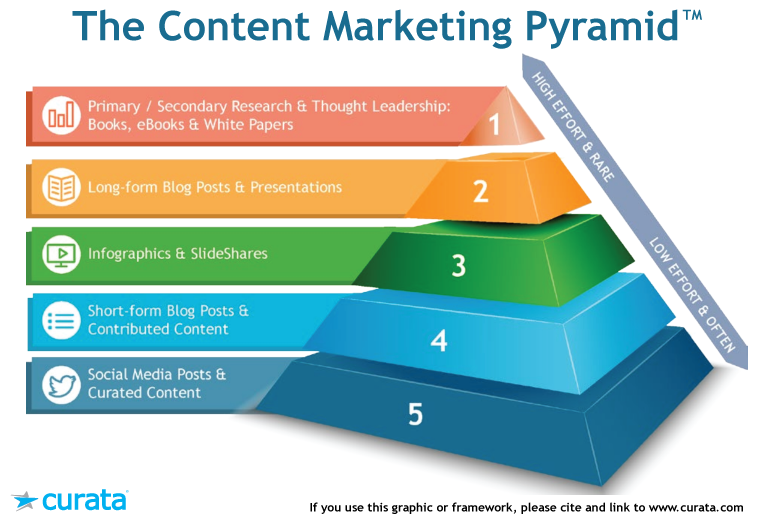
What Matters Most?
From our experience working with B2B leaders, one of the most critical long-term strategies is building and investing in owned media assets. This approach not only reduces dependence on paid channels but also creates a sustainable content ecosystem that the company fully controls. Clients often discover that using content platforms as central thought leadership hubs can significantly enhance credibility and trust. Additionally, we typically find that scaling conversations with prospects and customers through these platforms helps deepen engagement, positioning the brand as a consistent, reliable problem-solver within the industry.Get In Touch
How do CMP, CMS, and DXP differ from one another?
Modern marketing teams utilise a variety of tools to manage and deliver content across multiple digital channels. The three primary tools are:
- Content Management System (CMS): Focuses on the creation, management, and modification of digital content.
- Content Marketing Platform (CMP): Provides comprehensive tools for optimising content marketing strategies and automates various content processes.
- Digital Experience Platform (DXP): An advanced evolution of the traditional CMS, often incorporating CMP components. A DXP optimises the entire content creation and delivery process based on predefined customer journeys and offers personalisation and segmentation capabilities to enhance user experiences across social media, web, and mobile applications.
Source: Hubspot
What benefits can I expect from using a content marketing platform?
If your business prioritises performance and efficiency, automating content marketing activities through a CMP can be transformative. Here’s why technology to automate plays a vital role in content processes:
Lowers Your Staffing Expenses:
Marketing automation tools enable one employee to handle the workload of a large marketing and sales department. By establishing lead nurturing and marketing campaigns that activate automatically based on specific parameters, your company can send thousands of customised emails daily on autopilot after just a few months of development.
Increases Sales and the Average Size of the Deal:
Automating cross-sells, up-sells, and consumer follow-ups can significantly improve your customer lifetime value. This, combined with enhanced lead management and prioritisation, can result in a better return on investment (ROI) for your sales operations.
Improves Marketing and Sales Team Transparency:
With clearly defined procedures and comprehensive pipeline reporting, marketing automation identifies bottlenecks in your business. Instant and unbiased feedback enables your marketing department to refine their nurturing campaigns, ensuring efficient operations and eliminating organisational politics.
Maximises Efficiency:
For companies with limited capital, marketing automation allows for more efficient use of available resources. Tools like elink.io can create automated newsletters and content pages, freeing up time for more innovative tasks, thereby boosting creativity, productivity, and overall performance.
Reduces Repetition, Increases Novelty:
Replacing repetitive manual tasks with automated rules and campaigns frees your team to focus on creative, high-value activities. This shift not only enhances productivity but also drives organisational success by enabling your team to exceed goals and expectations.
By integrating a content marketing system, businesses can optimise their marketing efforts, achieve better alignment between marketing and sales teams, and enhance overall operational efficiency.
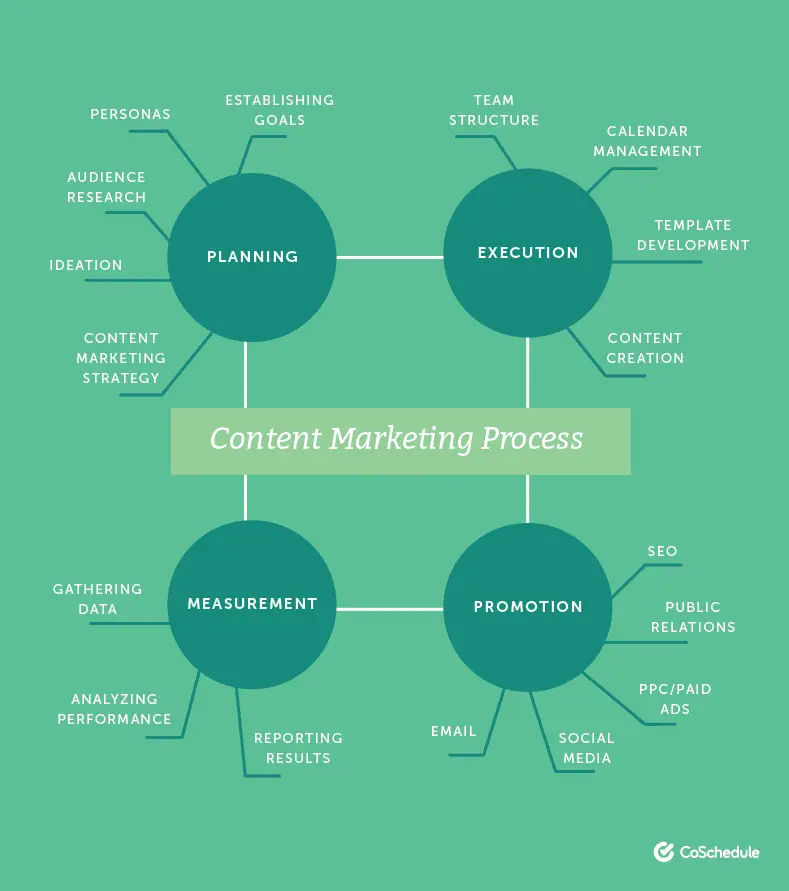
Our Tactical Recommendations
We’ve found that integrating content marketing platforms with SEO tools tends to drive significant traffic growth, allowing clients to maximise their organic reach. Tailoring content for different platforms, based on specific audience expectations, often leads to much higher engagement, as it aligns the messaging with the unique behaviours of each segment. Another highly actionable approach is setting measurable goals for every piece of content. This ensures each asset contributes directly to the sales pipeline and offers CMOs clear insights for optimising content strategies to boost revenue performance.Get In Touch
Choosing the Right Content Marketing Platform for You
Making the transition to a content marketing platform can significantly streamline planning and collaboration efforts. It’s a considerable upgrade from using spreadsheets, offering automation features that simplify sending emails and tracking the performance of blog posts and other content assets.
Here’s an overview of the top five content marketing platforms:
HubSpot Marketing Hub
Renowned for its sales capabilities, HubSpot’s Marketing Hub also excels as an integrated content marketing platform. It includes tools for blogging, SEO, social media, email marketing, landing pages, marketing automation, and analytics. Notable features of the Marketing Hub are drag-and-drop email templates, SEO suggestions, and team asset management. Additionally, the Marketing Hub connects with HubSpot CRM, facilitating the organisation and tracking of customer interactions with content assets, and attributing conversions to various touchpoints. HubSpot offers a free plan with limited features and paid plans with expanded capabilities.
CoSchedule
CoSchedule is an excellent choice for organisations needing robust content planning. This content marketing platform includes an editorial calendar, tools for managing social media, task assignments for team members, and functionalities for team discussions about assigned tasks. For full suite pricing, contact CoSchedule directly.
Ion
Consider Rock Content’s Ion platform your personal content concierge. It allows you to design, experiment, and execute content experiences with the support of customised training and intuitive learning software. Ion offers over 100 design templates for content creation and provides ongoing support for your content mission. The platform also creates a functionality and user experience plan based on your content objectives. With Ion’s programme planning capabilities, you can break down each step of your content plan and receive monthly insights and recommendations from data analysts on future strategies.
DivvyHQ
DivvyHQ is an all-in-one platform designed to automate repetitive tasks in your content marketing workflow, organise teams, plan editorial calendars, create content, and measure audience response. It features a real-time dashboard for team members to monitor workflow and see updates as they occur. Pricing begins at $29 per month, per user, when billed annually.
Upland Kapost
Upland Kapost is ideal for companies committed to managing the editorial process from start to finish. It uses analytics to help determine a personalisation strategy by tagging content with metadata for different audiences, buying stages, or distribution platforms. Kapost includes workflow automation capabilities and real-time feedback channels for team collaboration. Users can view the status of each content asset, next steps, and deadlines. Pricing starts at $3,500 per month.
Before committing to one of these content marketing platforms, ensure the goals for your content marketing system are clearly defined. Some tools are better suited for creating immersive, interactive content, while others excel in blogging and social media management. Take the time to evaluate your needs against the features of the available tools to find the best integrated content marketing solution for your business.
Source: MediaFly
What steps should I take to implement a content marketing platform effectively?
Implementing content marketing platforms effectively requires a strategic and methodical approach. Here are some tips to help you integrate your chosen content marketing system seamlessly and optimise its performance.
- Document Your Existing Process and Strategy: Begin by documenting your current content marketing processes and strategies. Analyse potential bottlenecks and identify areas for improvement. For example, consider whether your SEO and content marketing teams collaborate effectively or if they operate in silos.
- Foster Team Collaboration: Bring your team together and introduce them to the documented content development process. Integrate them into the editorial calendar, arrange regular brainstorming sessions, and ensure a seamless flow of customer-related data and topic ideas. Evaluating your content team is also crucial; you may need to recruit additional members to meet your content goals.
- Define Business Goals and Metrics: Clearly outline your business goals and break them down into specific metrics for each content marketing campaign. While financial metrics are important, also consider customer engagement, lead generation, mentions, and referrals as critical success indicators.
- Audit Existing and Planned Content: Conduct a comprehensive audit of your existing and planned content. Organise it by funnel stage to identify any gaps. Evaluate whether you have sufficient user acquisition techniques, such as gated content and newsletter subscription forms, to capture leads effectively.
- Revisit Audience Research: Reassess your audience research and compare the findings with your current buyer personas. It is essential to ensure your content is tailored to the right audience, especially in the post-Covid landscape where consumer behaviours may have shifted.
- Build Industry Connections Establish connections with industry experts and influencers to enhance your authority and streamline content production and promotion. These relationships can significantly amplify your content’s reach and impact.
- Align Brand Tone and Messaging: Revisit your audit results to ensure all content aligns with your brand’s tone and messaging. Update outdated pieces and consider recreating content that could add value to your company and customers. Redirecting traffic to newly created content can be beneficial. Additionally, identify top-performing content and repurpose it into new formats such as podcasts or live streams.
- Integrated Content Marketing for Optimal Performance: By following these steps, you can ensure your content marketing platforms are implemented effectively, fostering an integrated content marketing approach. This strategy will help you achieve higher efficiency, better alignment across teams, and a more significant impact on your overall marketing goals.
This meticulous approach to implementing content marketing systems will enable you to leverage the full potential of your chosen platforms, driving sustainable growth and long-term success.


